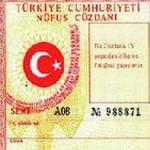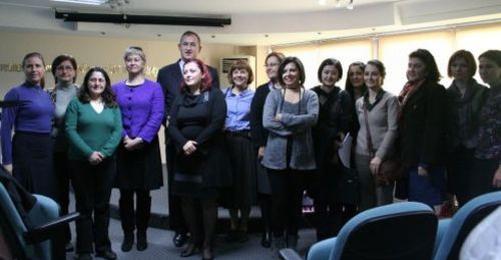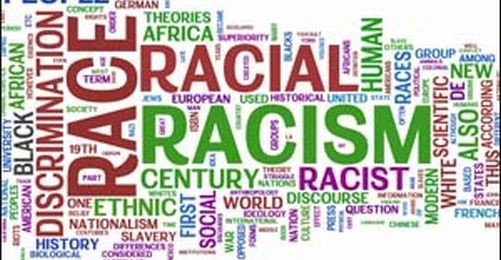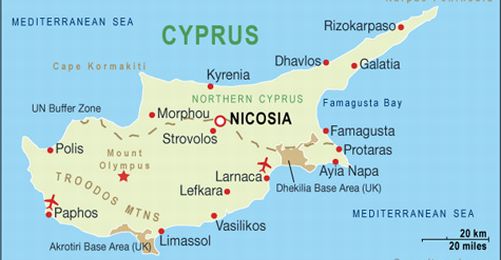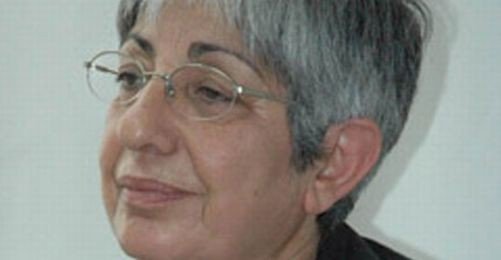The ECHR has decreed that compulsory RE classes are incongruous with the democratic principles of plurality and objectivity and has charged Turkey with paying 2,900 Euros trial costs to the applicants. Turkey has the right to appeal within three months.
Compulsory RE classes were introduced in Turkey after the 1980 military coup and are laid down in Article 24 of the constitution.
Article 2 of First Additional Protocol
Following the appeal of Hasan Zengin and his daughter Eylem, who are Alevis, on 2 January 2004, the ECHR has decreed that compulsory Religious Education (RE) classes violate Article 2 of the First Additional Protocol of the European Convention on Human Rights, which is concerned with "the right to education".
Zengin had initially gone to court in Turkey in order for his daughter to be allowed exemption from RE classes. His demand was refused by the Council of State on 5 August 2003. In his application to the ECHR, he demanded that "as compensation, Turkey make its education system and national laws compatible with Article 2 of the Additional Protocol".
Article 2 of the 1st Additional Protocol reads as follows:
"No person shall be denied the right to education. In the exercise of any functions which it assumes in relation to education and to teaching, the State shall respect the right of parents to ensure such education and teaching in conformity with their own religious and philosophical convictions."
Either optional classes or neutral stance
This means in practice that Turkey either stops making RE classes compulsory, or ensures that the syllabus treats all belief systems equally.
However, in recent discussions in Turkey, experts have said that the latter is virtually impossible.
Exemption of non-Muslims not satisfactory
The ECHR has also decreed that the 1990 decision of the Ministry of Education to allow Christian and Jewish citizens of Turkey to be exempt from RE classes was not sufficient to guarantee the freedom of belief.
The seven judges, one of whom is from Turkey (Riza Türmen), added that such practices added to discrimination.
If people wanted to be exempt from the classes, this was an indication that the syllabus did not treat different belief systems equally. In addition, wanting exemptions forces parents to declare their beliefs to the school management.
RE classes teach only Sunni Islam
The applicant, Zengin, also argued that compulsory RE classes contradicted the principle of "laicism". He added that Alevism was one interpretation of Islam, but that the classes were basically teaching Sunni Islam - this, he argued, was also against Article 9 of the Convention, which guarantees freedom of religion and conscience.
The ECHR emphasised that the RE syllabus focused on Islam much more than any other religions, particularly on the Prophet Muhammed and the Qu'ran. Children are expected to memorise suras from the Qu'ran.
They are also taught not only general information on Islam, but how to pray, how to do cultural rituals, etc. On the other hand, they are not taught about any Alevi rituals or ways of praying. (EÜ/NZ/AG)





